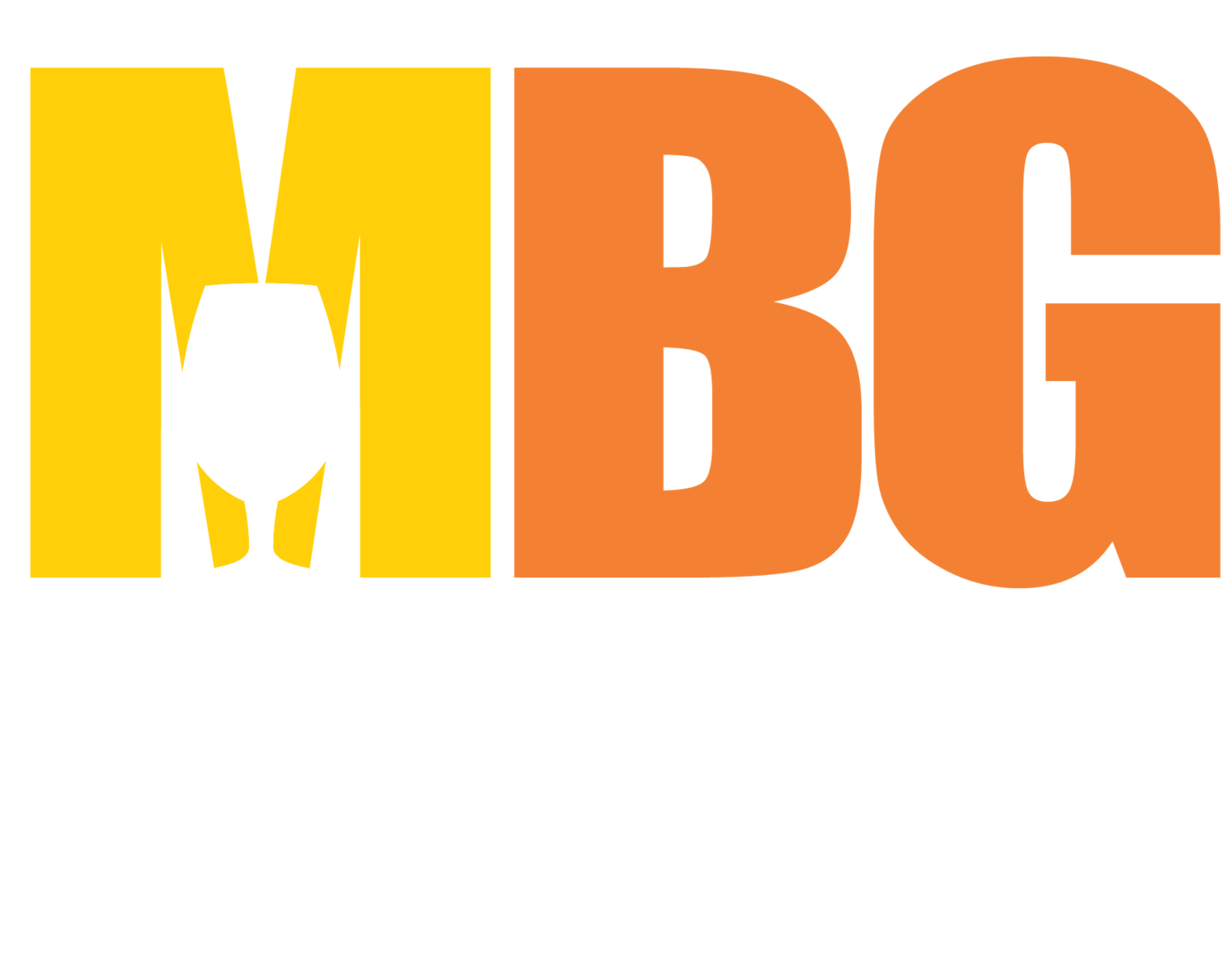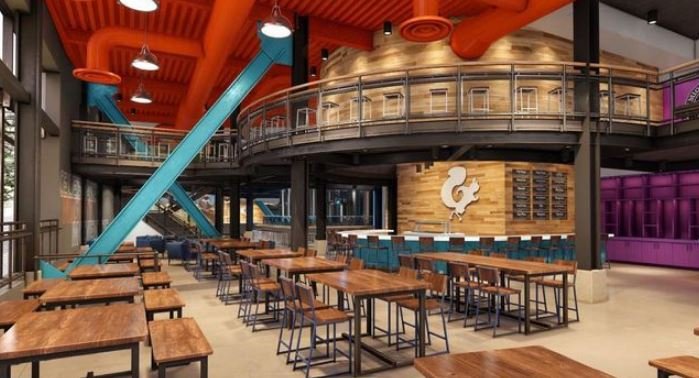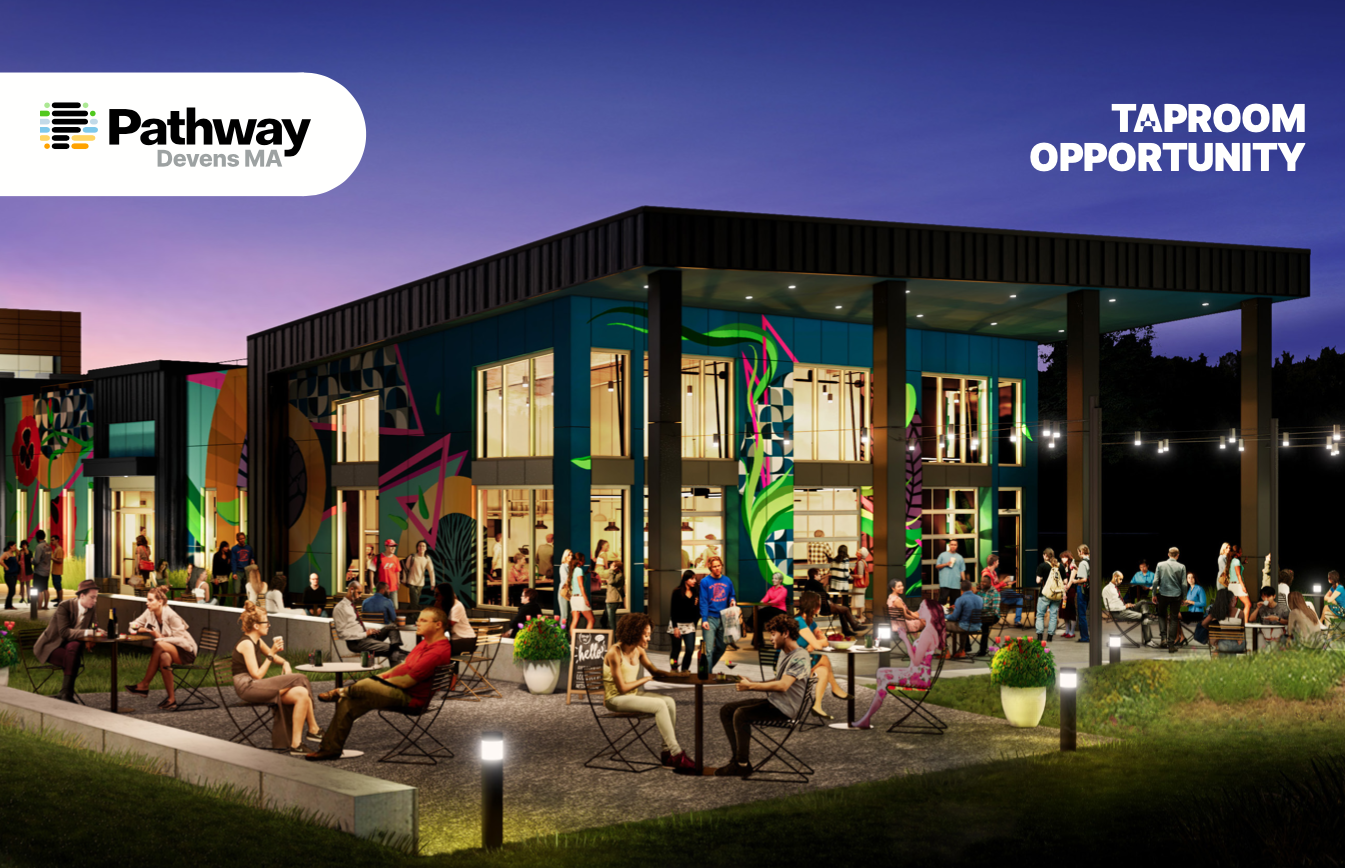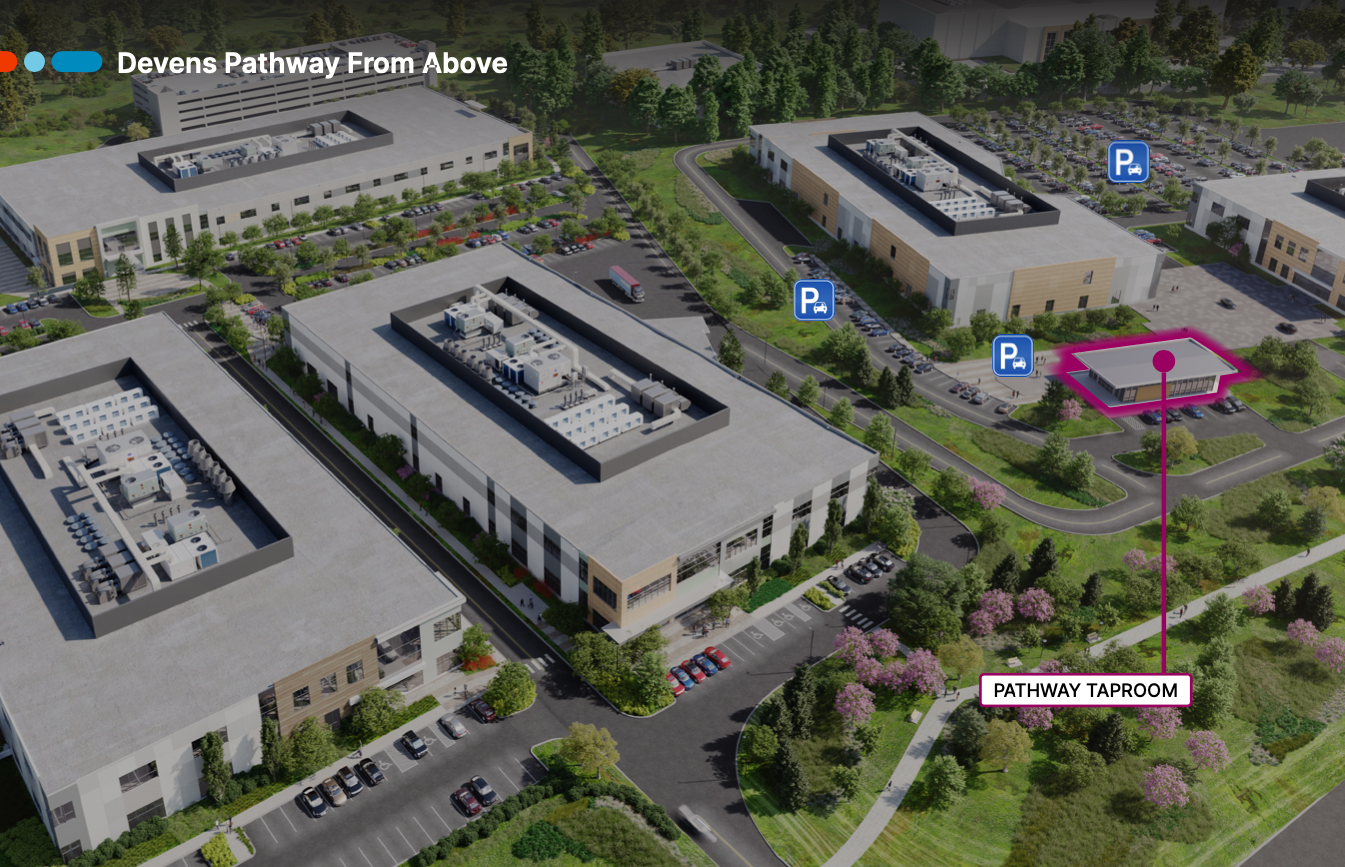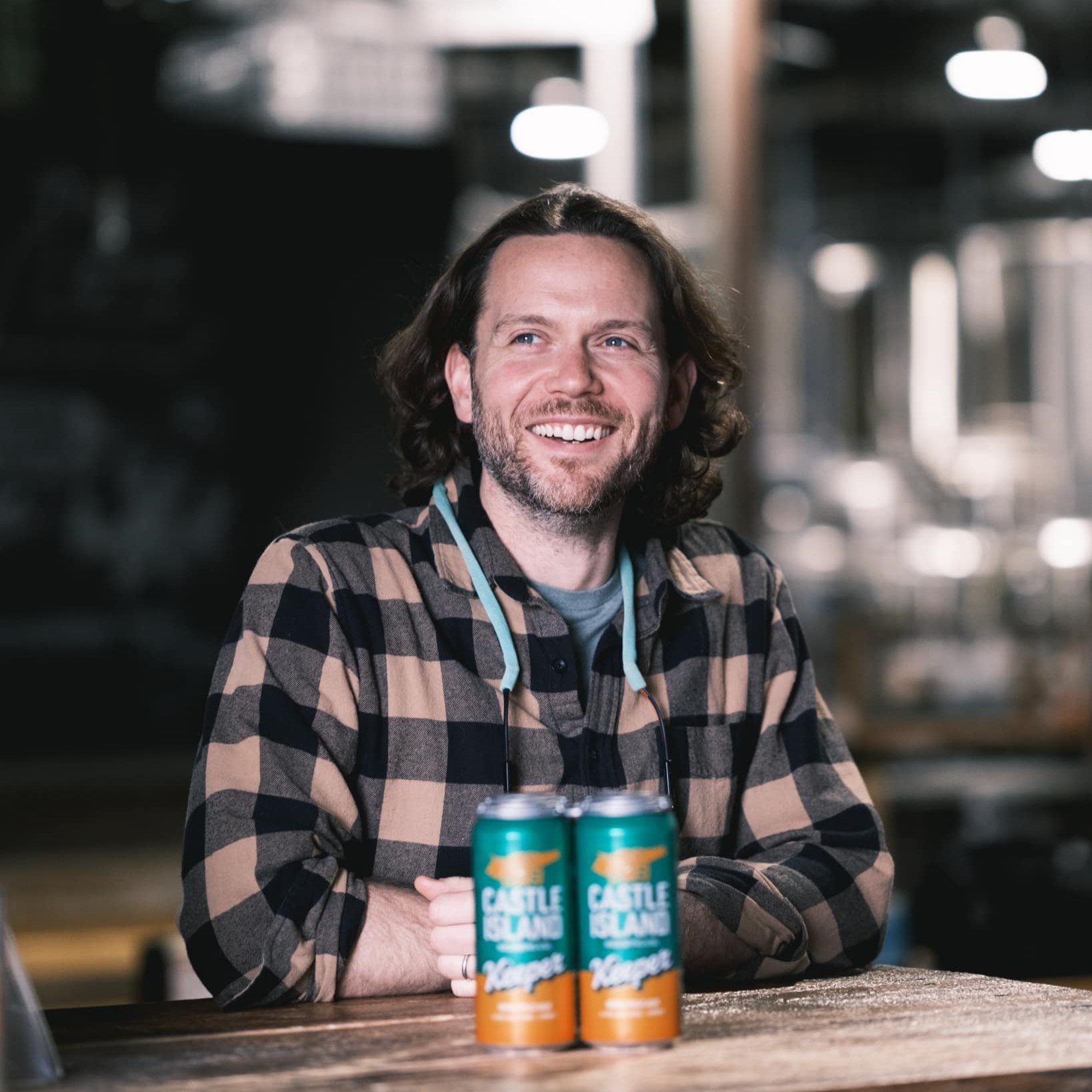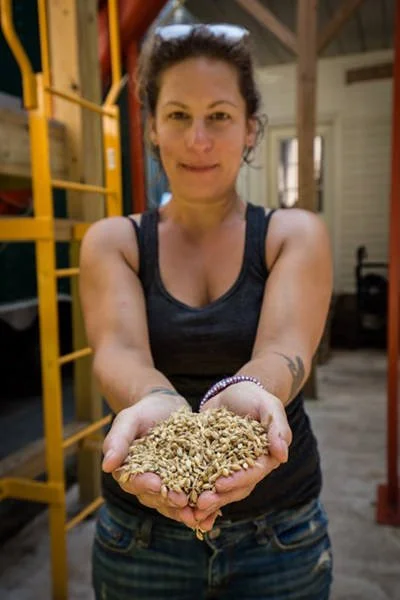The secret is out, another Mighty Squirrel location is coming, this time in the heart of Boston!
“We are thrilled to announce that we are building a brewery and taproom in the Fenway Neighborhood of Boston at 1 David Ortiz Drive, steps from Fenway Park,” said Naveen Pawar, the Co-Founder of Mighty Squirrel.
“Being situated in the heart of the Fenway neighborhood, right next to Fenway Park, gives this brewery a unique and animated location,” Olivia Harris, Senior Interior Designer at Phase Zero Design said. “It allows visitors to immerse themselves in the vibrant energy of the area and creates a sense of connection to the local community and its sporting traditions.”
Haynes Group, Inc. recently broke ground on this project and will once again be managing construction with Phase Zero Design again taking the lead on design.
“Much like the Waltham location, the design of the latest taproom is focused on the beer enthusiast experience,” said Patrick Andrews, Senior Vice President of Hospitality at Haynes Group, Inc. “The design of this location allows patrons to enjoy craft beer while viewing the entire brewing process, front and center, from almost every vantage point of the brewery.”
The new brewery and taproom will have the ability to brew over 1,000 barrels of beer with a 10-barrel brewhouse, allowing them to get creative with small scale batches of new beer styles. Also unique from their original location, this 13,000 square foot multi-level facility will offer a full food program with the addition of a kitchen.
“The main difference between both locations is the construction of a second-level taproom area,” Andrews said. “The second-level taproom will include three bars, each with different design elements creating a unique experience for the community.”
“The brewery emphasizes its commitment to artisanal craft and the art of brewing. From the focus on design details to the brewing process itself, every aspect was crafted with care and attention to quality,” Harris said. “This dedication to craftsmanship sets the brewery apart from others and creates a distinct experience for visitors. Patrons get to be a part of this experience as they enjoy their beers while watching the brewery process unfold right in front of their eyes, with the functional brew deck at the heart of the space.”
This location offers a refreshed take on their original space while remaining true to their brand. “It was important for the design to connect to their flagship location in Waltham,” said Harris. “Phase Zero maintained that connection with a similar industrial feel, avoiding any frills or fancy elements. We tied in key finishes and pops of color used in Waltham such as their signature hickory wood and Cloud Candy Blue paint placed strategically throughout the dynamic linear space.”
